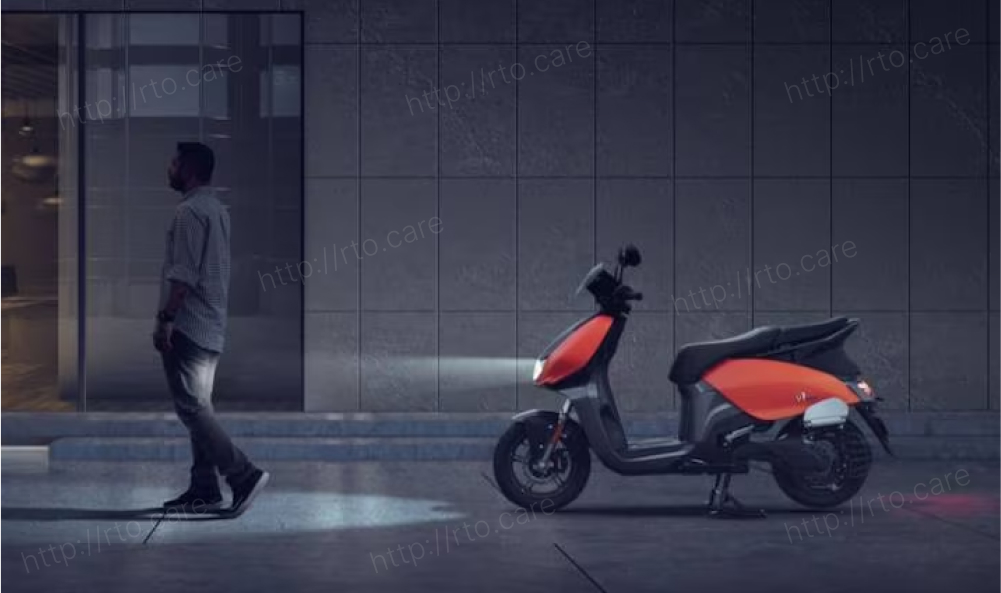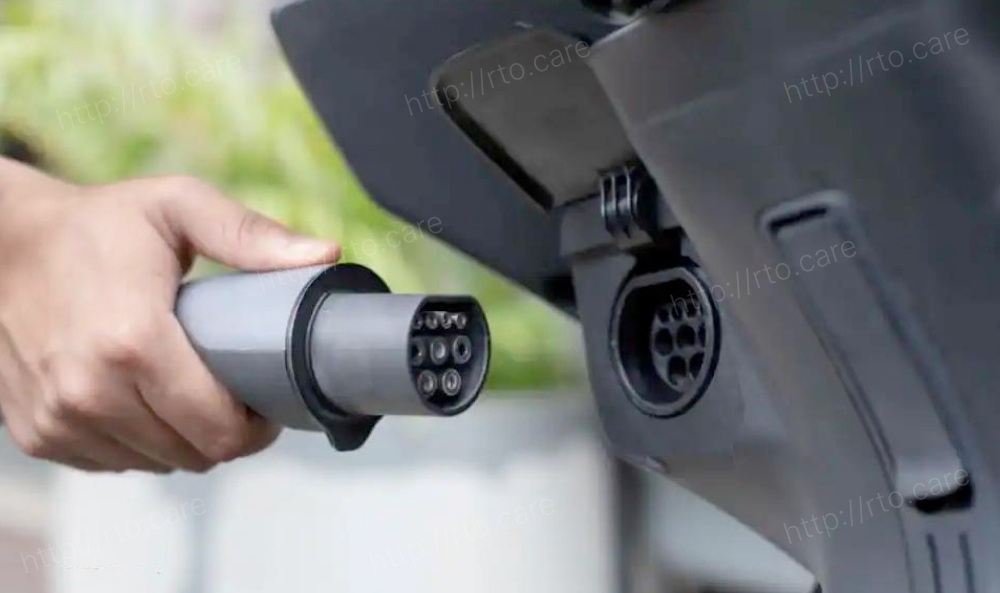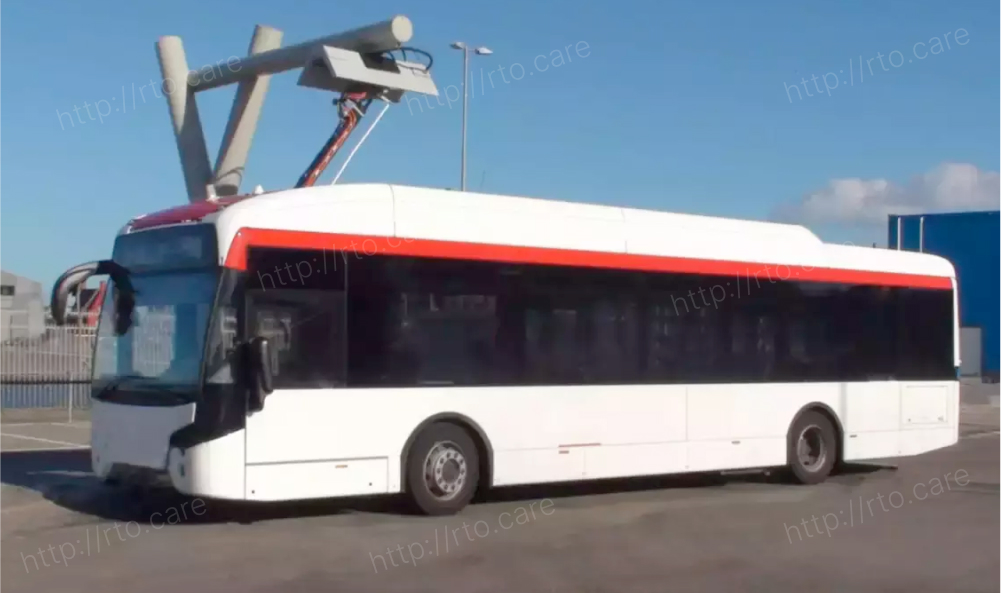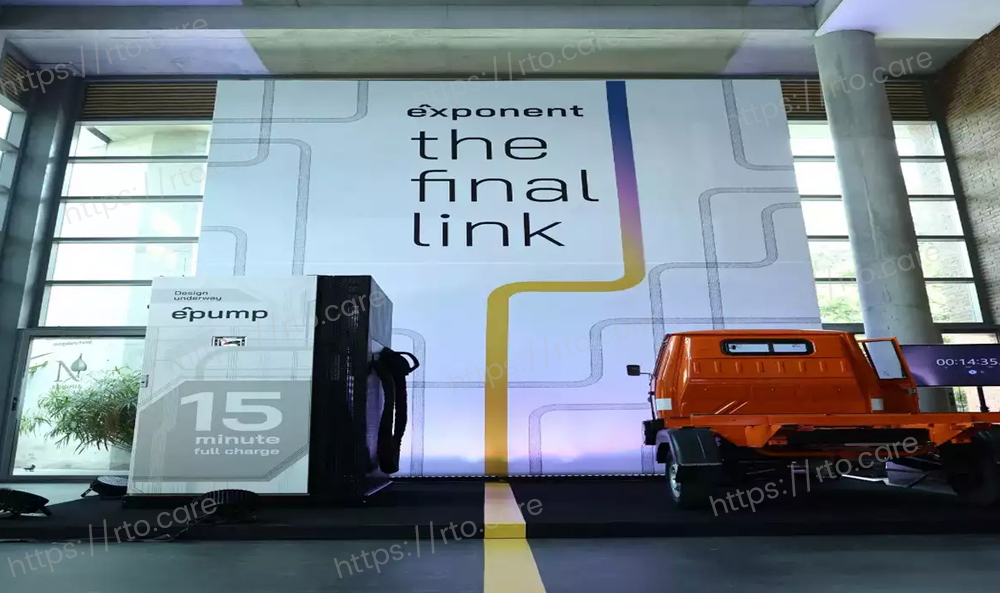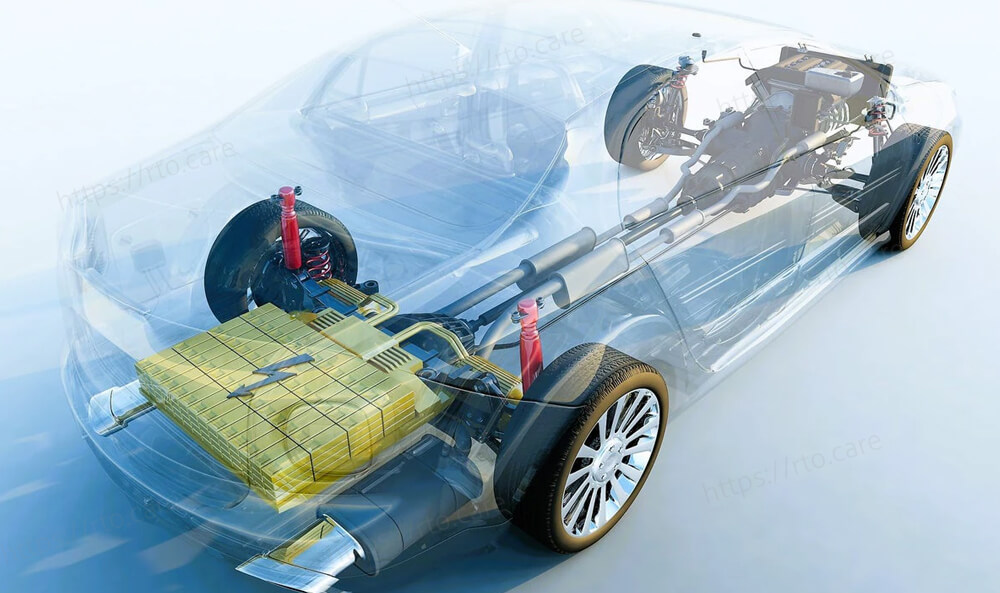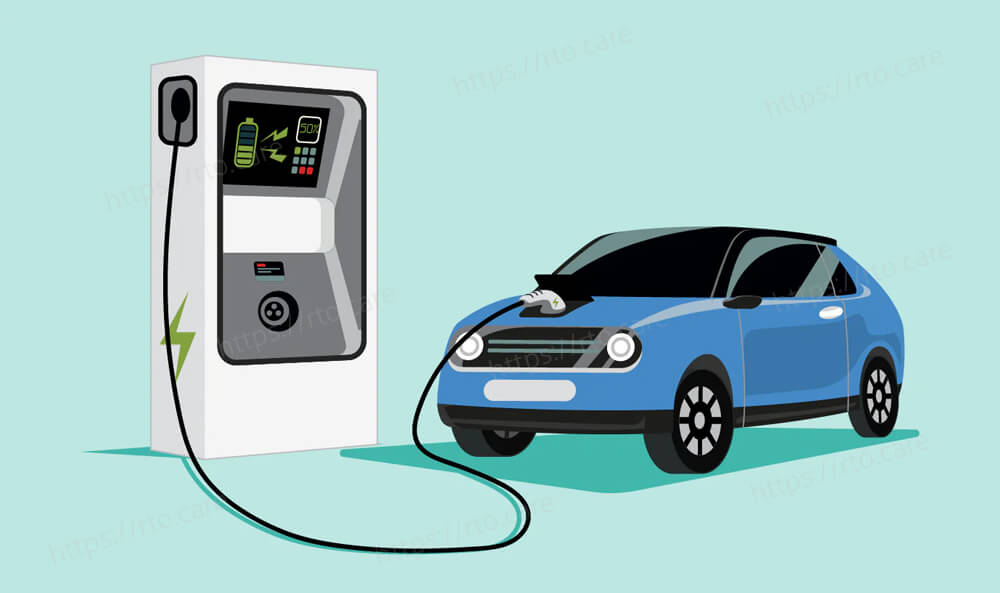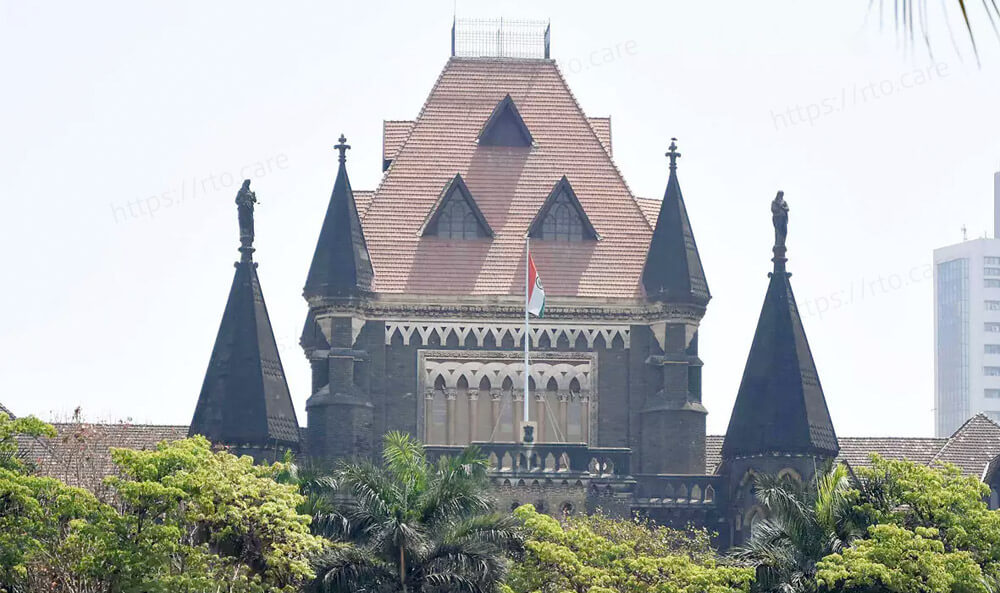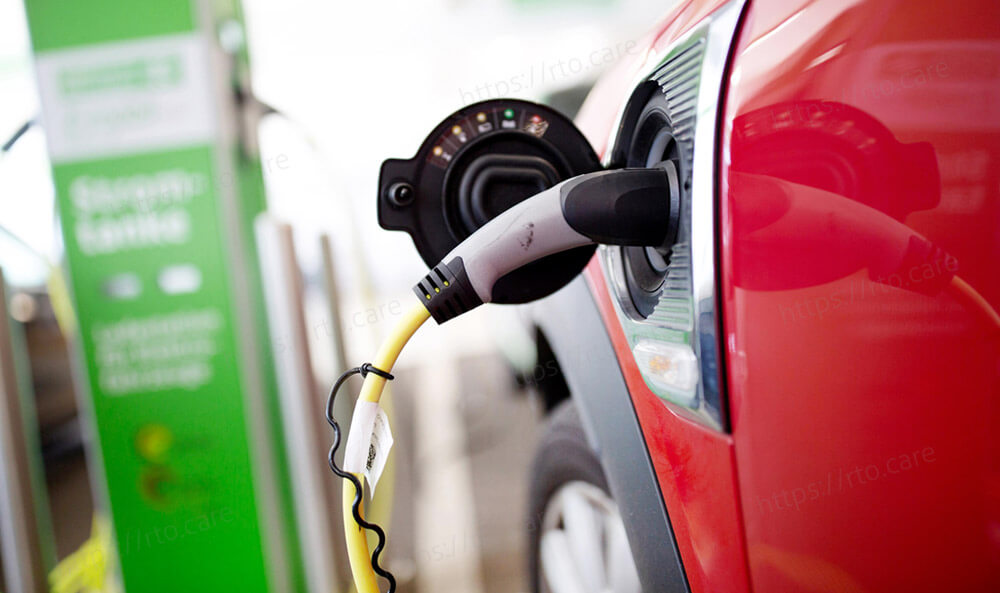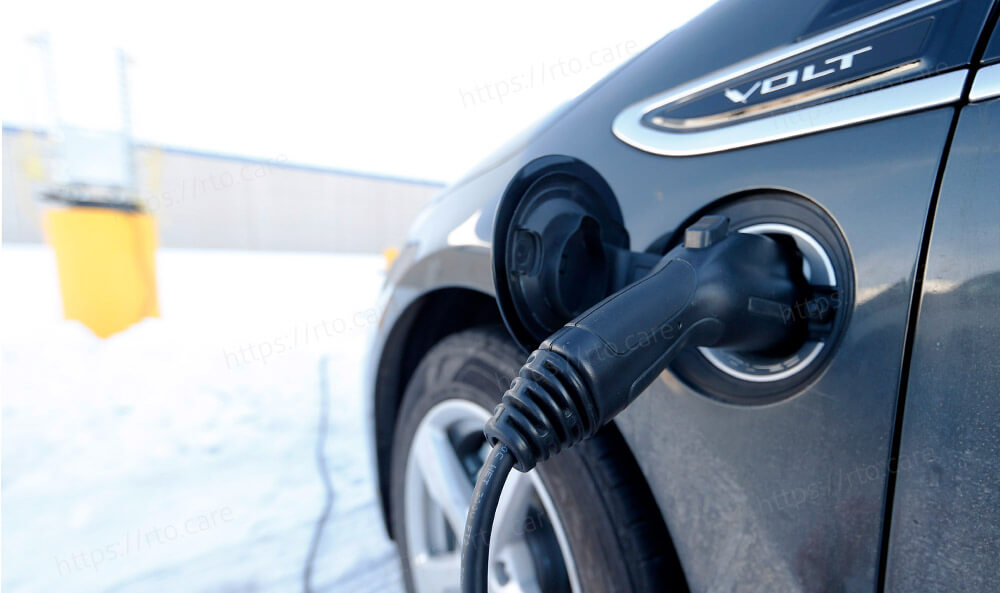As long as they satisfy all requirements, cooperative housing societies and residents' welfare groups in the state are now required to provide no-objection certifications for the installation of electric car charging points within seven days of the date of application.
After numerous Electric Vehicle (EV) owners complained that they hadn't received authorization from their housing societies to install charging stations on the property, the Registrar of Cooperative Housing Societies published a circular last week. Members of the housing organization commented that the most recent ruling, which included a timeline, will simplify the problem.
Cooperative Housing Societies (CHS) members who chose to drive electric vehicles were hindered by committees' refusal to grant the necessary permission to install an EV charging station on the society's property, according to Ramesh Prabhu, the chairperson of the Maharashtra Societies Welfare Association (MahaSEWA).
Suhas Patwardhan, vice-president of the Maharashtra State Housing Societies Cooperative Federation, told TOI that they had not yet received the circular from the department of cooperation.
Patwardhan stated that such circulars should be sufficiently publicized so that the housing societies may follow them and that they will be implemented, albeit carefully.
Launched in June 2021, the Maharashtra State Electric Vehicle Policy “outlines the infrastructure development, demand and supply-side, financial and non-financial incentives to tackle the high upfront cost to facilitate a higher EV adoption rate and to increase production capacity, The policy addresses the concerns of various stakeholders in the EV ecosystem,” a cooperation department official said.
In spite of the fact that the order would benefit owners of electric cars, MahaSEWA emphasized the need for close supervision of the installation procedure, particularly in older structures.
The government's rules, according to a member, do not specify if or how the owner of an electric car would shoulder responsibility in the event of an accident. The regulations specify the number of technical and legal requirements that must be followed by both society and the owner of the vehicle.
The member said that if members selected various contractors to build the EV charging stations on various dates, the installation process would never conclude.
MahaSewa has suggested that the societies build EV charging stations as a one-time project and work with a single vendor. According to the organization, expenses might be recouped from the owner of the car.
A member of the organization stated, “Installing EV points at a time is most necessary in the interest of all members and the society. There may be a small number of members who may not choose for electric vehicles for the next five to six years and may reject such a plan.”

